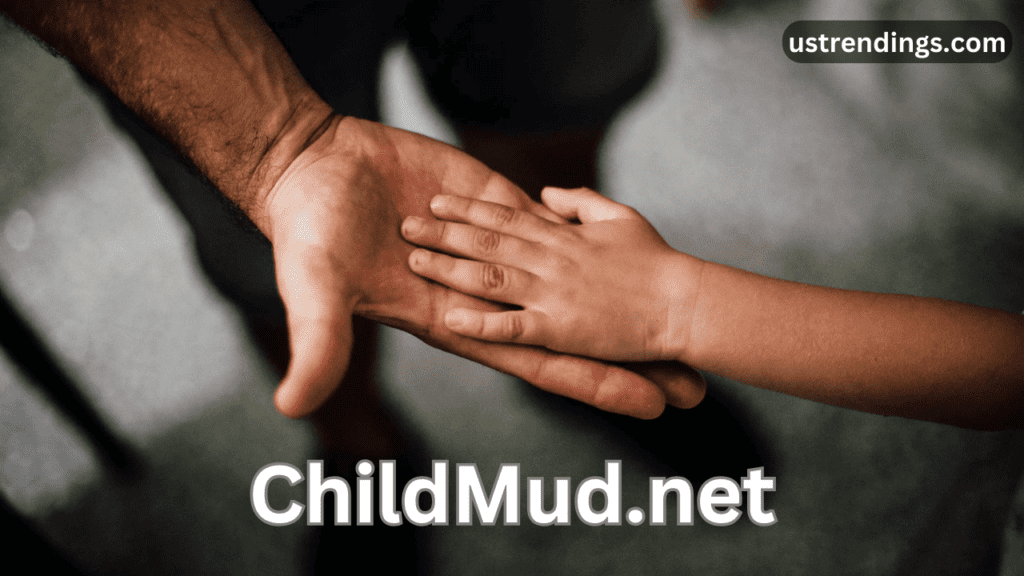Parenting is hard, especially when you’re juggling the emotional, social and intellectual needs of a growing child. ChildMud.net is here to offer practical resources, expert advice and proven activities for every stage of a child’s development. We demystify child development so parents and carers can trust the information.
Mission and Purpose
ChildMud.net is based on a simple but powerful idea: giving parents, carers and educators the knowledge and tools to support healthy child development. Instead of theory we focus on practical application. For example parents can access milestone checklists, guides to emotional development and evidence based tips to help with tantrums or sleep issues.
By demystifying child development ChildMud.net is for anyone – whether you’re a first time parent or experienced carer.
Who is ChildMud.net for
The platform is for:
- Parents looking for practical tips and activities.
- Carers who support children daily.
- Educators wanting developmental insights.
- Anyone interested in early childhood development.
What’s on the Platform
ChildMud.net is not just another parenting website. It combines expert advice with practical parenting tools like milestone checklists and simple activities. For example you can download a step by step guide to track gross motor skill development or explore storytelling techniques to build emotional intelligence.
What’s on ChildMud.net
Guides
Parents worry if their child is “on track”. ChildMud.net has clear, evidence based guides for every stage of development from infancy to adolescence. These guides explain milestones like crawling, talking or learning empathy in simple language.
Activities
With activities like making DIY volcanoes or cooking together the site turns everyday moments into learning opportunities.
Resources to Track Development
Gross motor skills to emotional growth, milestone checklists keep parents in the know.
Emotional Development
Supporting secure attachments and resilience is easier with resources like communication tips and bonding activities.
Child Development
Jean Piaget’s Cognitive Development Theory
Piaget’s theory explains how children think and learn. The four stages of cognitive development help parents understand their child’s abilities. For example:
- Sensorimotor Stage (0-2 years): Infants explore the world through senses and actions. Activities like peek-a-boo help learning.
- Preoperational Stage (2-7 years): Language develops but logical thinking is still emerging. Storytelling helps comprehension.
Case studies show that understanding these stages helps parents set realistic expectations for their child’s growth.
Lev Vygotsky’s Sociocultural Theory
Vygotsky says learning happens through social interaction. His concept of the Zone of Proximal Development shows the value of guided learning. For example a child struggling with puzzles will succeed with gentle guidance, so the importance of carer involvement.
Milestone Tracking
Physical Development
- Gross Motor Skills: Most children start walking around 12 months, a milestone that can be supported with safe open spaces to practice.
- Fine Motor Skills: Activities like stacking blocks or drawing improve coordination.
Emotional and Social Development
Secure attachments in early childhood are linked to better stress management later in life. Simple actions like responding to a baby’s cries can build trust and emotional resilience.
Cognitive Development
Language acquisition follows predictable patterns, from babbling to forming full sentences. A structured environment with books and conversations accelerates this process.
Educational Activities and Learning
Home Environment for Learning
Parents are their child’s first teachers. Fun experiments like creating slime or observing plants foster curiosity and build a foundation for scientific thinking.
Reading and Storytelling
Reading aloud develops language and empathy. A recent study found that children exposed to daily reading scored higher on emotional intelligence tests.
Interactive Learning
Educational apps like Khan Academy Kids promote early math and reading skills. However, balancing screen time with hands-on activities ensures holistic growth.
Parental Support and Resources
Sleep Training
Bedtime routines create consistency and security. Sleep training guides on ChildMud.net include evidence-backed strategies to help babies sleep through the night.
Communication Techniques
Active listening and clear communication foster trust. For example, acknowledging a toddler’s feelings during tantrums can reduce their intensity over time.
Family Bonding and Emotional Development
Parental Involvement
Everyday moments, like cooking or playing board games, can strengthen parent-child bonds. Studies confirm that parental involvement improves both academic performance and emotional well-being.
Role of Peers
Socializing with peers teaches critical skills like sharing and conflict resolution. Playdates or group activities are valuable opportunities for growth.
Tracking Developmental Progress
ChildMud.net simplifies milestone tracking with printable checklists. These include benchmarks for gross motor skills, language acquisition, and emotional growth. By using these tools, parents can identify and address potential delays early.
Conclusion
ChildMud.net is more than a parenting tool—it’s a trusted companion in your journey to nurture well-rounded, resilient children. From tracking milestones to fostering emotional intelligence, the platform simplifies the complexities of child development into actionable, evidence-backed strategies. Whether you’re a parent, caregiver, or educator, ChildMud.net equips you with the knowledge to help children thrive.
FAQs
What resources are available for tracking milestones?
Printable checklists for physical, emotional, and cognitive milestones are available.
How can storytelling enhance development?
Are there resources for children with developmental delays?
Yes, guides on early interventions and therapy options are included.
Can educators use this platform?
Absolutely, with resources tailored for classroom activities and learning.
How does ChildMud.net address emotional development?
Through secure attachment guides, communication tips, and bonding activities.
What activities promote curiosity?
